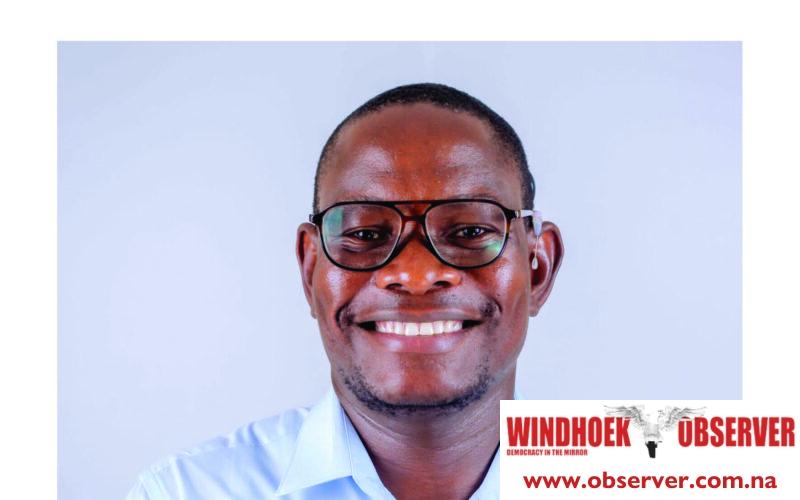Hertta-Maria Amutenja
The Namibian National Association of the Deaf (NNAD) is calling on parliamentarians and the ministry of education to urgently act on the motion to recognise Namibian Sign Language (NSL) as a national language.
The national executive director of NNAD,Paul Nanyeni, said the parliamentary standing committee on constitutional and legal affairs has already acknowledged that communication is a human right and confirmed that NSL is a legitimate language with its own grammar and structure.
“We want to express our profound thanks to the committee who has made all the possible recommendations. However, it is time they follow up with the responsible ministry to take action. This is a human right denied to Deaf Namibians,” Nanyeni told Windhoek Observer.
The motion, first tabled in September 2023 by then deputy minister for disability affairs, Alexia Manombe-Ncube, called for the recognition of NSL as a national language and for sign language interpreters to be appointed for parliamentary debates.
The motion received overwhelming support, and NSL was included in the National Assembly’s official language rules.
Nanyeni, however, noted that no law or constitutional amendment has been passed, leaving the process stalled.
“We were informed that perhaps they are waiting for the budget to be passed, however, since this has since been passed, there is no update from the committee nor the ministry of education,” he said.
NNAD is demanding a formal update from parliamentarians and a clear timeline for the final report and the next steps toward legal recognition. The association argues that without legislative action, hard-of-hearing Namibians remain excluded.
To strengthen its efforts, NNAD is collaborating with international Deaf organisations.
Nanyeni said Namibia has obligations under the UN Convention on the Rights of Persons with Disabilities, which calls for the recognition and promotion of national sign languages.
He pointed to progress made in neighbouring countries, noting that Lesotho recently recognised its national sign language, becoming the second country in southern Africa after South Africa to do so.
NNAD has also secured local support. In June, the Namibian Ports Authority (Namport), through its Namport Social Investment Fund, donated equipment worth N$100 000.
The support will help the association develop a mobile application for sign language. Nanyeni said the project is expected to improve the organisation’s ability to deliver resources, training, and advocacy for sign language use.
He added that the upcoming International Week of Deaf People, taking place from 22 to 28 September under the theme “No Human Rights Without Sign Language Rights,” will provide another platform to demand government action. The main event will be held in Walvis Bay on 24 September.
“It is time for parliament to act and give Deaf Namibians the recognition they deserve,” he said.




